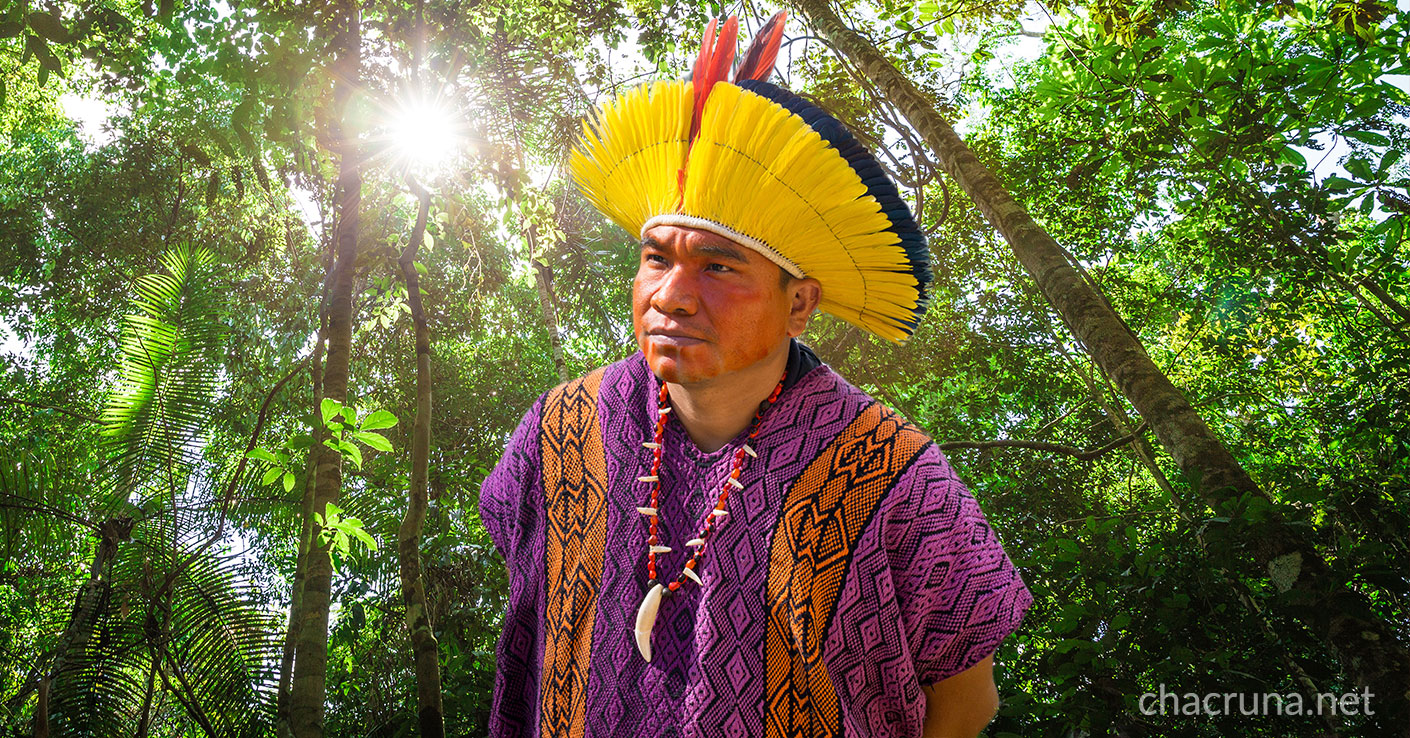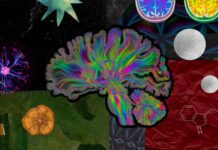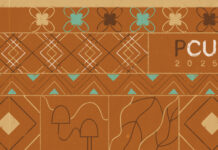- My Degree Is From The Forest - June 27, 2017
I believe that the issue of Ayahuasca is, in essence, an issue of human rights: as humans of this earth I believe that we all have the right to seek healing from the natural plants that we share this planet with; and as Indians and stewards of our lands, and guardians of our medicinal plants, I believe that it is our right to be able to travel and administer these cures without fear of persecution.
While the global spread of Ayahuasca and indigenous culture is something that I support and has given me great joy and opportunity, there are some things that worry me. My main concern is that our people and our culture will be forgotten as the white man gets carried away with being an “authority” on Ayahuasca. “Grandmother”, as some call it, is not meant to be yet another medicine that gets plucked from the forest to enrich pharmaceutical companies and leave Indians, the true guardians of this sacred medicine, behind. Most of you do not have this intent, and may even think that is an exaggeration, but our people, whether in North, Central or South America, have been lied to ever since the white man landed our shores some 500 years ago.
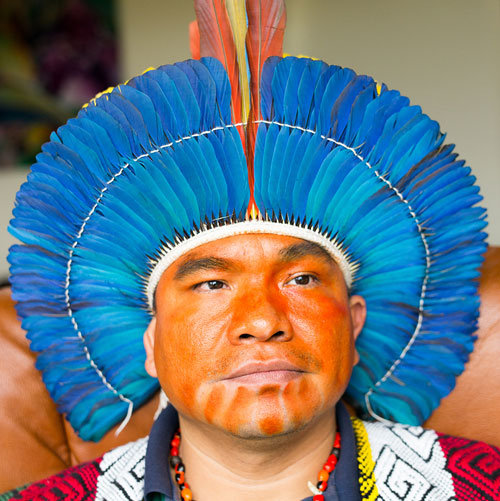
Psychedelic Science 2017 Conference
I recently attended and presented my story and beliefs at the Psychedelic Science Conference, presented by MAPS and The Beckley Foundation, in Oakland, California. I think that the idea of the conference is a beautiful thing—in that it’s basic focus is how we can help people with the use of psychedelic substances and, as a “curandero”, that is exactly what I do. But that is not to say that I don’t think there was a noticeable lack of indigenous representation.
Of the entire conference, with more than 60 speakers from around the world attracting over 2500 attendees, and roughly half of the panels on the Plant Medicine Track being about ayahuasca—I was one of the few indigenous speakers; and, to be perfectly honest, I was upset over this. I know I am not the only one—a woman who identified herself as an indigenous person even brought it up during one of the other panels and that was even mentioned in The New York Times coverage of the event. I was not invited to be a part of any of the main panels, and rather was delegated to the smallest stage as part of the free public marketplace put on by the Psymposia (to whom I am very grateful).
I hold no grudge and it is not my wish to only complain or be ungrateful yet, to quote the indigenous woman who spoke up, “…what I want to say is that cultural appropriation is a form of retraumatization to indigenous people.” For 500 years we have been traumatized and, now, thanks to ayahuasca, we are finally gaining attention and respect—but only to be largely ignored at such a prestigious and monumental conference is highly traumatic.
After the presentation on Sunday of the conference I was happy to see that my message resonated with so many people. One young attendee said to me, “This is exactly what I’ve been looking for all weekend, thank you, thank you, thank you for coming and sharing with us.”
Another said, “I am so happy to have heard your voice on this. I kept wondering why there was no indigenous representation at any of the main panels.”
I am not a Scientist. I am an Indian
I am very thankful for the opportunity to have presented and connected with these people because, up until that point, I started to think that perhaps there was no longer a need for the indigenous pajé (shaman). What I felt at the conference was that was that we weren’t needed, that all of these doctors, neuroscientists, chemists and academics had apparently figured it out and moved on with out us. Luckily I said this to some of my txai’s and they reassured me that I was wrong and said that, “now, more than ever, we need the pajés to help navigate these strange times.”
Perhaps, for some people, they need to have a previously unknown substance like Ayahuasca validated by those with credentials they understand like a Ph.D. Yet for an indigenous person it is almost impossible to attain such an advanced degree, especially if the majority of your life is spent in rural and isolated areas, like the Amazon, where our communities are located. So for most of us, the forest is our university—and in that case, we have many advanced degrees.
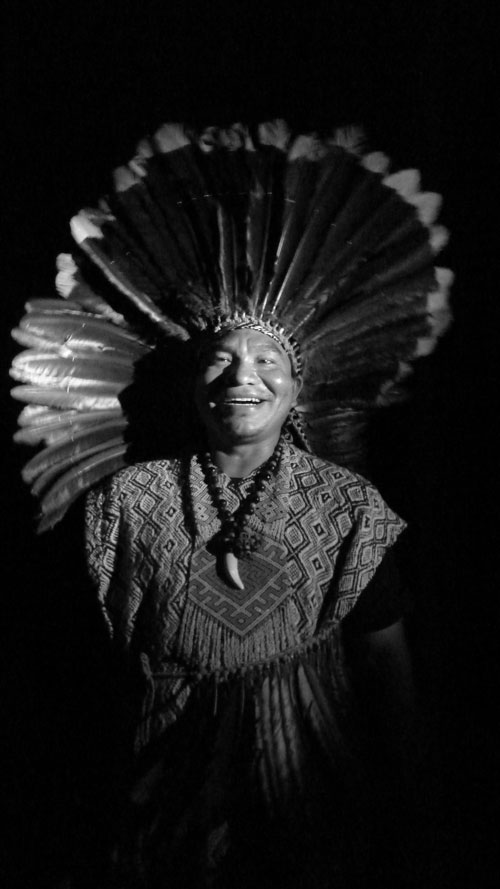
The Life of a Shaman
Recently, through my work, I have realized that there seems to be some sort of illusion of “rockstar shamans” and that all we do is travel the world and that we are overpaid. That is akin to saying professional athletes, who come from impoverished backgrounds such as favelas, ghettos or government housing projects have everything so easy. This grossly ignores all the work they had to do and all the racism they had to endure to get to where they are—even Lebron James, the most famous and well paid basketball player in the world, still deals with racism.
Yet the indigenous, in almost all societies, are regarded as the lowest of the social classes; and, outside of a few countries, the work we do is considered illegal and the pay we do receive is very little when considering that many of us have large families, entire tribes even, to support. The travel and workload can be never ending and we often spend long stretches of time away from our homes and families. On top of that, our people and our native homes are under constant threat.
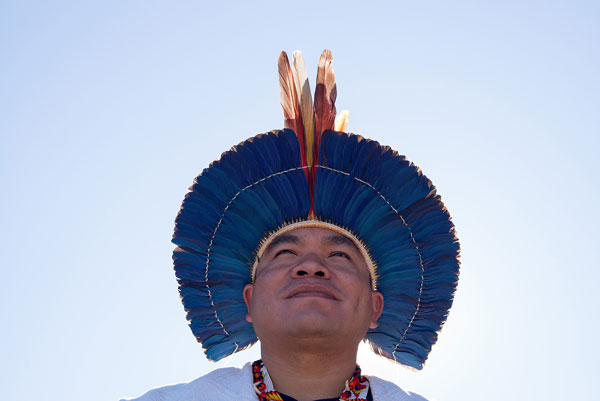
Txai’s Around the World
I know that not all white people, or all westerners, are bad—far from it! In my language we have the word “txai” (pronounced “chai”) that means half of me, is half of you, and that half of you is half of me—and in my travels I have made many, many new txai’s across the world. It does not matter where you are from, or what color your skin, it is who you are in your heart that matters. I implore you to be a txai by being aware of our history and culture and supportive of our struggle for we are all on this planet together (“estamos juntos” as we say in Portuguese). If we wish to thrive, not merely survive, in the 21st century we must join forces and build bridges—not walls—between our communities.
We have much to learn from each other and the first step is to recognize that this is a two-way street, there is no more time for the “I am right, and you are wrong, mentality.” It is clear to see that there is much pain and suffering in this world and the only way to overcome our problems is to work together. I am a father to three children and my greatest wish for this world is that all the people can come together to create a brighter future.
This article was transcribed, translated and edited from Portuguese by:
Take a minute to browse our stock:
Did you enjoy reading this article?
Please support Chacruna's work by donating to us. We are an independent organization and we offer free education and advocacy for psychedelic plant medicines. We are a team of dedicated volunteers!
Can you help Chacruna advance cultural understanding around these substances?


